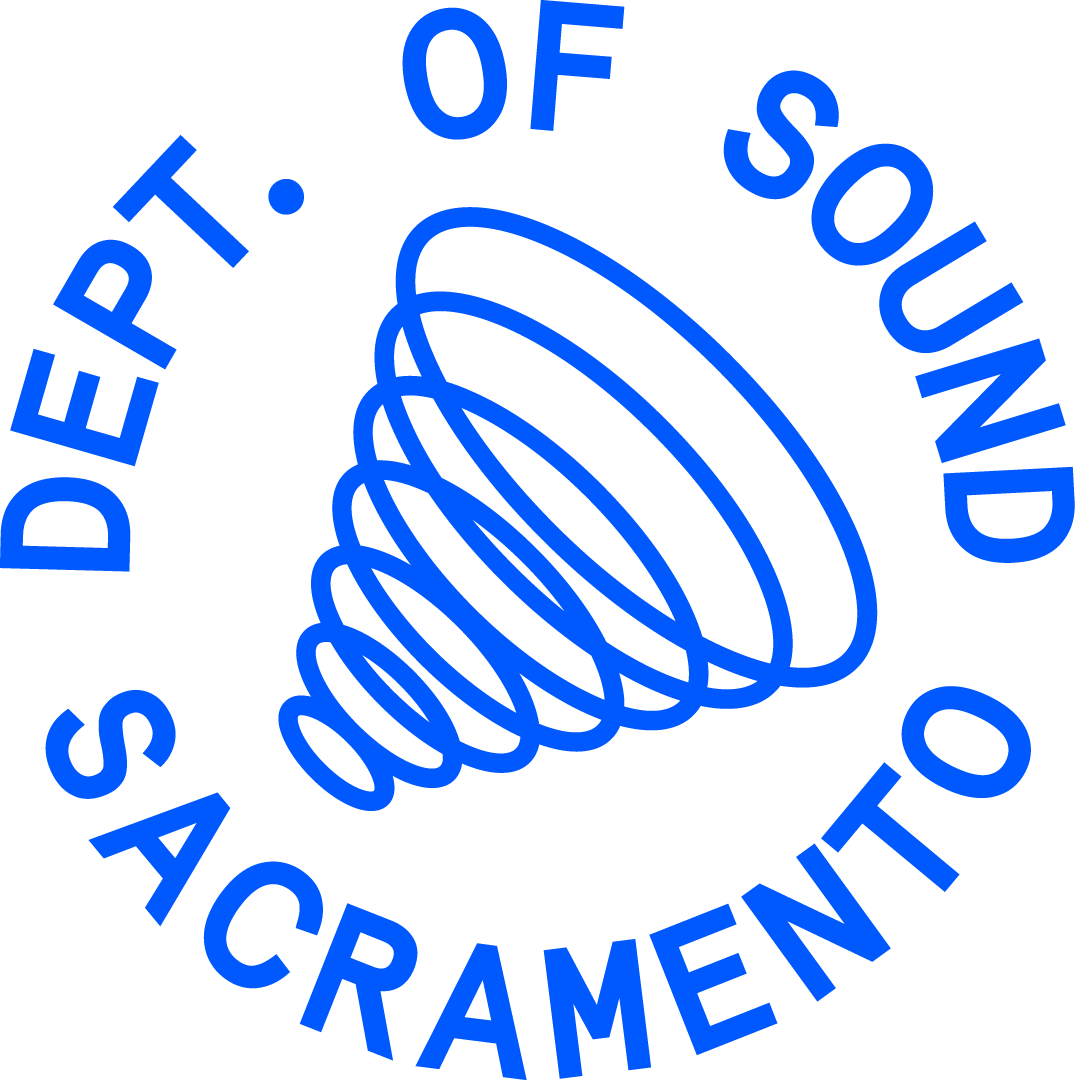5 Reasons Music Education In Schools Is So Important
Youth music education often gets overlooked in the grand picture of middle and high school curriculum, yet our team at Department of Sound knows how important arts education is as a multifaceted benefit to youth and all individuals alike. Below we have listed out 5 reasons music education in schools is so important.
# 1 Music and arts continues to be linked with cognitive benefits and emotional well-being
Statistics show that participation in music programs correlate to academic and educational performance. In one study, students involved in public school music programs scored 107 points higher on the SAT's than students with no participation (“Music Education Statistics”). More than 25,000 secondary school students found that students who report consistent high levels of involvement in instrumental music over the middle and high school years show "significantly higher levels of mathematics proficiency by grade 12” (“Quick Facts and Stats”).
#2 The presence of music programs in schools has also been shown to influence students' attendance rate
Schools with music programs have an attendance rate of 93.3% compared to 84.9% in schools without music programs (“How Children Benefit from Music Education in Schools”).
#3 Music as a means of connection
Having the presence of music education in schools helps students with their social skills. Now during a time of COVID-19 with virtual education on the rise, students in programs like our Virtual Beat-making Showcase, can gather together online to connect and share their work, as well as bond over a shared love of music and music education. They can get feedback from peers, share music they like and feel a sense of connection that may be missing though the virtual space.
#4 Music as a tool for mental health and wellbeing
Music helps with stress relief. Music has also been a way for the expression of emotions and the ability to alter them as well. In a University Study at Loma Linda University School of Medicine, their facility found that playing a musical instrument has the ability to reverse the body’s natural response to stress at the molecular level.
#5 Music enhances speech development
Language development is one of the most important processes during early childhood development. During a pilot study at BMC, researchers found that music therapy impacts both speech development, phonological memory and children's understanding of sentences. In addition, exposure to music helped with memory of sentences.
Overall, music education offers a holistic improvement on youth's cognitive, social, and emotional well-being. Here at Department of Sound we strongly believe in access to music education as a universal right.
Read More: The Benefits of Music Education
